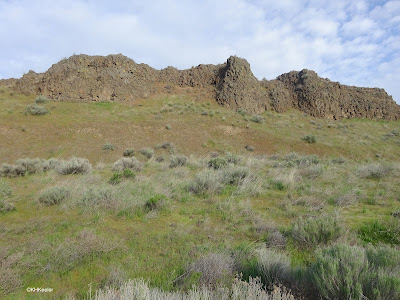"We have a marketing failure with natives," Doug Tallamy wrote in Nature's Best Hope. While I think the "grow natives" movement is helping correct that, the fact that many natives are called weeds does discourage loving them.
 |
| fireweed, Chamerion |
Lots of our native plants are weeds. That is, they have weed in their common name. Fireweed (Chamerion), milkweed (Asclepias), jewelweed (Impatiens), Joe Pye weed (Eutrochium), and ironweed (Vernonia) to name a few.


